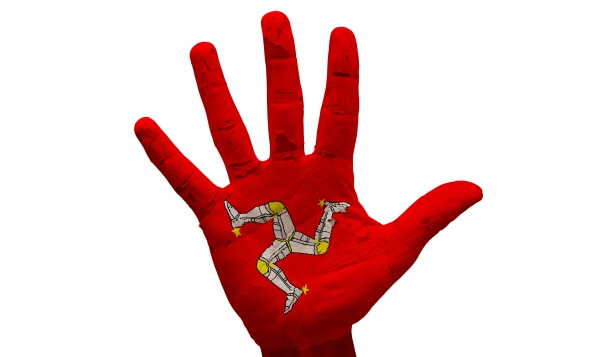To offset financial burden brought on by the United Kingdom Gambling (Licensing and Advertising) Act 2014, the Isle of Man government has introduced a bill to give their online gambling operators a tax break.
The recently enacted UK legislation requires remote online operators to receive a license from the UK government. Licensed operators must pay a 15% point-of-consumption tax on all winnings made by British customers; this financial burden has forced many remote operators out of the British online gambling industry, including companies like Pokerstars.fr, SBOBet, and more. The licensing requirement started on 1 November 2014, and the point-of-consumption tax began on 1 December 2014. The legislation, which was first approved by Parliament in March 2014, was delayed after it faced legal challenges by the Gibraltar Betting and Gambling Association.
With online gambling comprising 13% of its gross domestic product (GDP) and 56 licensed online gambling operators in its borders, the Isle of Man is incredibly sensitive to the UK’s new gambling legislation. Losing any operators as a result would have great negative impact.
The tax break, in effect immediately, allows operators to claim double duty relief. Money that would have been paid to the Isle of Man treasury for gambling duty can now be waived up to the amount that operators have to pay for the UK’s point-of-consumption tax. This bill, part of an agreement between the Isle of Man Treasury and HM Revenue and Customs, should help keep many more Isle of Man-based online operators in business.
Additionally, Peter Greenhill, the Isle of Man Department of Economic Development’s CEO for e-Gaming Development, announced that Isle of Man operators do not need to elect a United Kingdom-based representative. As he explained, “The Isle of Man’s positive relationship with the United Kingdom’s HM Revenue and Customs means that our operators will not have to appoint a Fiscal Representative in the United Kingdom, thereby saving them substantial costs.”









